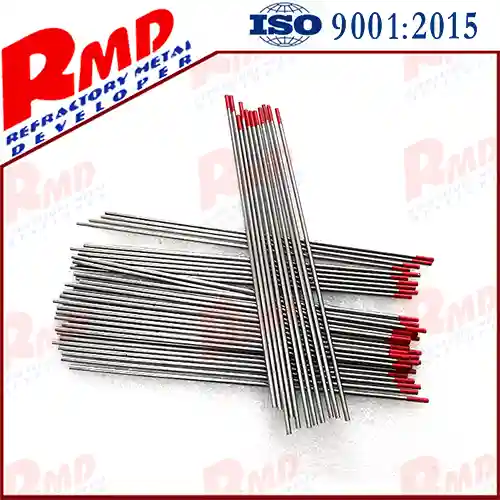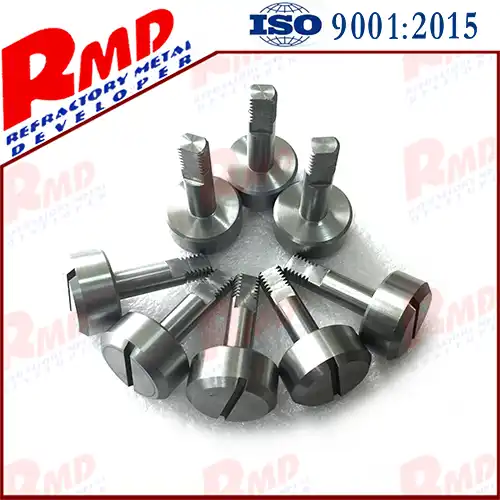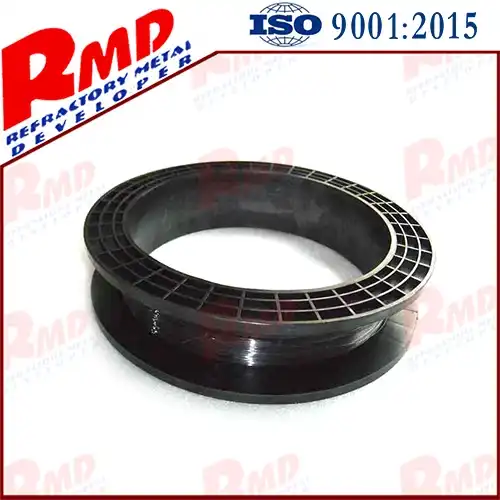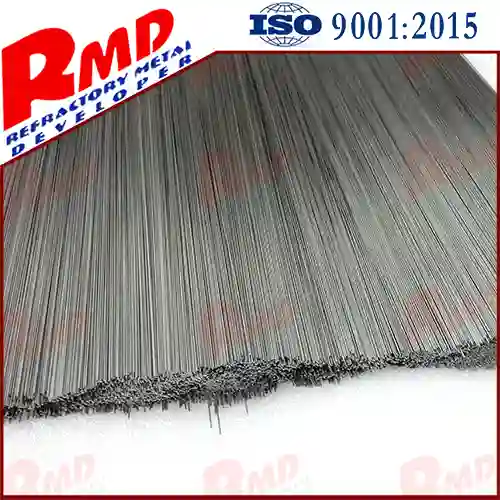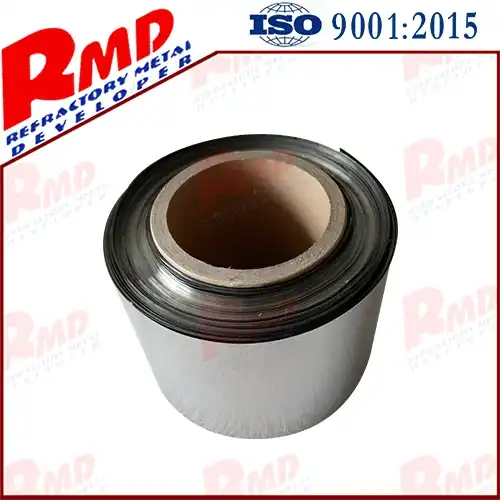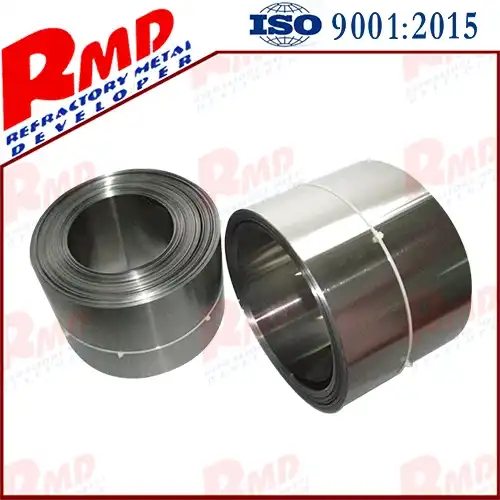- English
- French
- German
- Portuguese
- Spanish
- Russian
- Japanese
- Korean
- Arabic
- Greek
- German
- Turkish
- Italian
- Danish
- Romanian
- Indonesian
- Czech
- Afrikaans
- Swedish
- Polish
- Basque
- Catalan
- Esperanto
- Hindi
- Lao
- Albanian
- Amharic
- Armenian
- Azerbaijani
- Belarusian
- Bengali
- Bosnian
- Bulgarian
- Cebuano
- Chichewa
- Corsican
- Croatian
- Dutch
- Estonian
- Filipino
- Finnish
- Frisian
- Galician
- Georgian
- Gujarati
- Haitian
- Hausa
- Hawaiian
- Hebrew
- Hmong
- Hungarian
- Icelandic
- Igbo
- Javanese
- Kannada
- Kazakh
- Khmer
- Kurdish
- Kyrgyz
- Latin
- Latvian
- Lithuanian
- Luxembou..
- Macedonian
- Malagasy
- Malay
- Malayalam
- Maltese
- Maori
- Marathi
- Mongolian
- Burmese
- Nepali
- Norwegian
- Pashto
- Persian
- Punjabi
- Serbian
- Sesotho
- Sinhala
- Slovak
- Slovenian
- Somali
- Samoan
- Scots Gaelic
- Shona
- Sindhi
- Sundanese
- Swahili
- Tajik
- Tamil
- Telugu
- Thai
- Ukrainian
- Urdu
- Uzbek
- Vietnamese
- Welsh
- Xhosa
- Yiddish
- Yoruba
- Zulu
Which Industries Can Molybdenum Be Applied To?
2024-01-05 18:00:06
Molybdenum is a metal element, element symbol: Mo, English name: Molybdenum, atomic number 42, and is a VIB group metal. The density of molybdenum is 10.2g/cm³, the melting point is 2610°C, and the boiling point is 5560°C. Molybdenum is a silver-white metal that is hard and tough, has a high melting point, and has a relatively high thermal conductivity. It does not react with air at room temperature. As a transition element, it is easy to change its oxidation state, and the color of molybdenum ion will also change with the change of oxidation state. Molybdenum is an essential trace element for the human body, animals and plants, and plays an important role in the growth, development and heredity of humans, animals and plants. The average content of molybdenum in the earth's crust is 0.00011%. The global molybdenum resource reserves are about 11 million tons, and the proven reserves are about 19.4 million tons. Because molybdenum has the advantages of high strength, high melting point, corrosion resistance, and wear resistance, it is widely used in steel, petroleum, chemical, electrical and electronic technology, medicine and agriculture.
The application of molybdenum in the steel industry occupies the first place, accounting for about 80% of the total consumption of molybdenum, followed by the chemical industry, accounting for about 10%. In addition, molybdenum is also used in electrical and electronic technology, medicine and agriculture and other fields, accounting for about 10% of the total consumption.
Molybdenum has the largest consumption in the steel sector, mainly used to produce alloy steel (about 43% of total molybdenum consumption in steel), stainless steel (about 23%), tool steel and high-speed steel (about 8%), cast iron and Roll (about 6%). Most of molybdenum is directly used for steelmaking or cast iron after industrial molybdenum oxide briquetting, and a small part is first smelted into ferromolybdenum and then used for steelmaking. As an alloying element of steel, molybdenum has the following advantages: improve the strength and toughness of steel; improve the corrosion resistance of steel in acid-base solutions and liquid metals; improve the wear resistance of steel; improve the hardenability, weldability and resistance of steel Thermal. For example, stainless steel with a molybdenum content of 4%-5% is often used in places with serious erosion and corrosion such as marine equipment and chemical equipment.
Molybdenum is used as a matrix to add other elements (such as titanium, zirconium, hafnium, tungsten, and rare earth elements) to form non-ferrous alloys. These alloying elements not only play the role of solid solution strengthening and maintaining low-temperature plasticity for molybdenum alloys, but also form stable , The dispersed carbide phase improves the strength and recrystallization temperature of the alloy. Molybdenum-based alloys are used in high heating elements, extrusion abrasive tools, glass melting furnace electrodes, spray coatings, metal processing tools, and spacecraft parts because of their good strength, mechanical stability, and high ductility.
